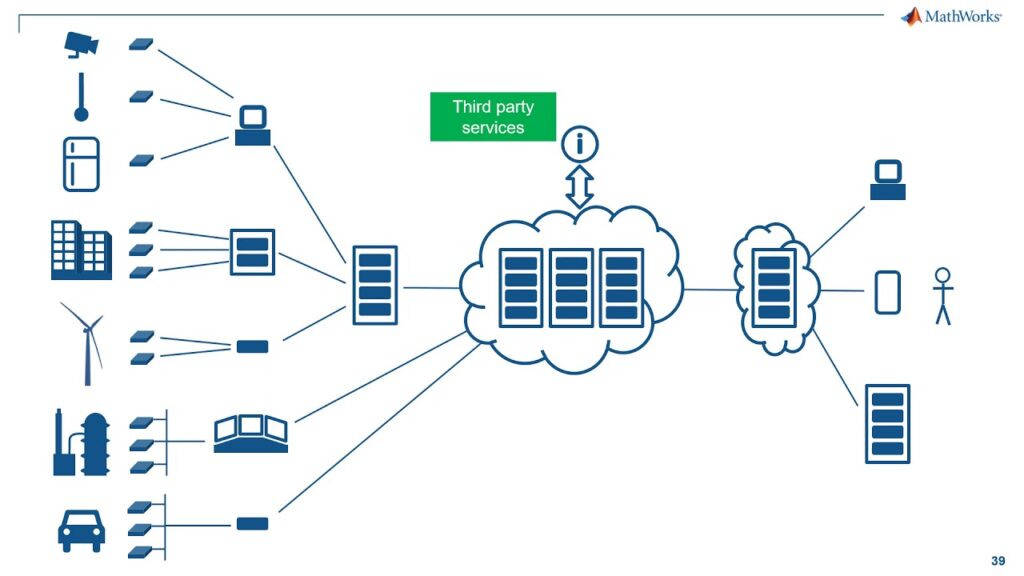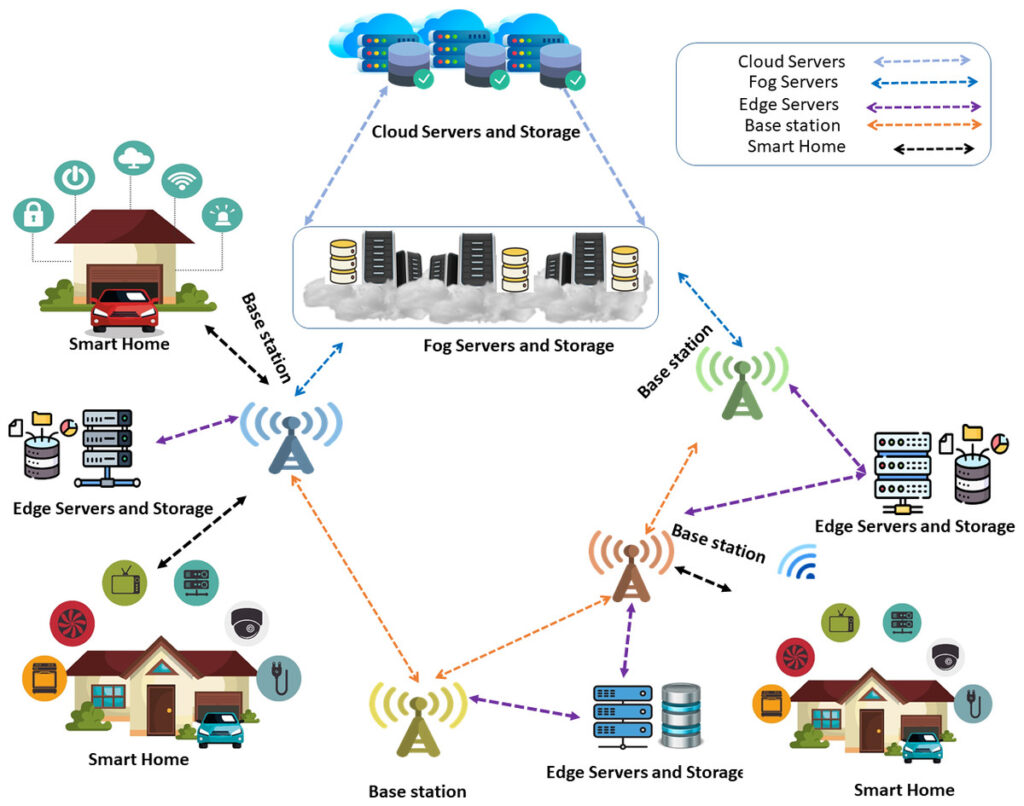Humans are inherently social creatures. From the earliest days of our existence, we’ve thrived in communities, relying on each other for survival, learning, and emotional well-being. This ingrained need for connection manifests in what we call a support system: a network of individuals who provide emotional, practical, and sometimes even financial assistance to one another. This network, often unseen and unspoken, acts as a vital safety net, cushioning us from the inevitable bumps and bruises of life and amplifying the joys along the way.
Understanding the intricacies of a support system is crucial for navigating the complexities of modern life. It’s not simply about having a large group of acquaintances; it’s about cultivating meaningful connections with individuals who genuinely care and offer a diverse range of support tailored to our specific needs. This essay will delve into the multifaceted nature of support systems, exploring their various components, benefits, the challenges in building and maintaining them, and the importance of understanding our own needs within the network.
The Unseen Net: The Anatomy of a Support System: Diverse Connections, Diverse Support
A support system isn’t a monolithic entity; rather, it’s a tapestry woven from different types of relationships, each thread contributing a unique strength and texture. The composition of an individual’s support system can vary widely depending on their personality, life circumstances, cultural background, and individual needs. However, some common threads often appear:
- Family: For many, family is the cornerstone of their support system. Parents, siblings, spouses, and extended family members can provide unconditional love, financial assistance, practical help with childcare or eldercare, and a sense of belonging rooted in shared history and traditions. While family support can be incredibly valuable, it’s important to acknowledge that familial relationships can also be complex and strained, and may not always provide the specific support an individual needs.
- Friends: Friends offer a different kind of support, often based on shared interests, values, and experiences. They can provide a listening ear, offer unbiased advice, participate in enjoyable activities, and help us maintain a sense of normalcy and connection to the outside world. Friendships can be a powerful source of validation and encouragement, particularly during periods of self-doubt or uncertainty.
- Romantic Partners: Romantic partners often occupy a central role in our support system, providing intimacy, companionship, emotional support, and a sense of shared purpose. A healthy romantic relationship can be a haven from the stresses of daily life and a powerful catalyst for personal growth. However, it’s crucial to remember that relying solely on a romantic partner for all of our emotional needs can be detrimental to both individuals and the relationship itself.
- Colleagues and Mentors: In the professional sphere, colleagues and mentors can provide valuable support for career development, navigating workplace challenges, and achieving professional goals. Mentors, in particular, can offer guidance, share their experiences, and advocate for their mentees’ success. Building strong relationships with colleagues can also foster a sense of community and belonging in the workplace.
- Professionals: Therapists, counselors, doctors, and other professionals can provide specialized support for mental and physical health challenges. These individuals offer expert knowledge, unbiased perspectives, and evidence-based interventions to help individuals cope with stress, manage mental health conditions, and improve their overall well-being.
- Community Groups and Support Networks: Joining community groups, hobby clubs, or support networks centered around specific interests or challenges can connect individuals with others who share similar experiences. These groups can provide a sense of belonging, reduce feelings of isolation, and offer opportunities for learning and mutual support.
- Spiritual or Religious Communities: For individuals who are religious or spiritual, their faith community can provide a strong sense of belonging, moral guidance, and emotional support. Religious leaders, fellow congregants, and spiritual practices can offer comfort, hope, and a framework for coping with life’s challenges.
The most effective support systems are often those that draw from a diverse range of these relationships. Relying too heavily on one source of support can create an imbalance and potentially overwhelm that individual or relationship. A well-rounded support system offers a variety of perspectives, resources, and types of support, ensuring that an individual’s needs are met in a holistic and sustainable way.

The Multifaceted Benefits of a Strong Support System
The benefits of a strong support system extend far beyond simply having someone to talk to. They impact our mental, emotional, and even physical well-being in profound ways:
- Improved Mental Health: A strong support system acts as a buffer against stress, anxiety, and depression. Knowing that we have people to turn to in times of need can reduce feelings of isolation, hopelessness, and overwhelm. Sharing our burdens with others can lighten the load and provide valuable perspective.
- Increased Resilience: Resilience, the ability to bounce back from adversity, is significantly enhanced by having a strong support system. Knowing that we are not alone in our struggles and that others believe in our ability to overcome challenges can provide the motivation and encouragement needed to persevere.
- Enhanced Emotional Regulation: Our support system can help us regulate our emotions by providing a safe space to express our feelings, process difficult experiences, and receive constructive feedback. Talking through our emotions with trusted individuals can help us gain clarity and develop healthier coping mechanisms.
- Improved Physical Health: Research has shown a strong correlation between social support and physical health. Individuals with strong support systems tend to have lower blood pressure, stronger immune systems, and a reduced risk of chronic diseases. This is likely due to the stress-reducing effects of social connection and the encouragement to engage in healthy behaviors.
- Increased Self-Esteem and Confidence: The validation, encouragement, and acceptance we receive from our support system can boost our self-esteem and confidence. Knowing that we are valued and appreciated by others can help us believe in ourselves and pursue our goals with greater enthusiasm.
- Enhanced Coping Skills: Observing how others navigate challenges and receiving advice from trusted individuals can expand our coping skills and problem-solving abilities. Our support system can provide us with a wealth of knowledge and experience that we can draw upon in our own lives.
- Greater Life Satisfaction: Ultimately, having a strong support system contributes to a greater sense of life satisfaction and overall well-being. Feeling connected to others, having a sense of belonging, and knowing that we are not alone in our journey makes life more meaningful and fulfilling.

Navigating the Challenges of Building and Maintaining a Support System
While the benefits of a strong support system are undeniable, building and maintaining such a network is not always easy. Several challenges can arise:
- Time Constraints: In today’s fast-paced world, finding the time to nurture and maintain relationships can be a significant challenge. Work demands, family responsibilities, and other commitments can leave us feeling stretched thin and unable to prioritize social connections.
- Fear of Vulnerability: Opening up to others and sharing our vulnerabilities can be a daunting prospect. Fear of judgment, rejection, or being a burden can prevent us from seeking support when we need it most.
- Difficulty Asking for Help: Many people struggle with asking for help, often due to a sense of pride, independence, or fear of appearing weak. Learning to articulate our needs and ask for assistance is a crucial skill for building a strong support system.
- Toxic Relationships: Not all relationships are supportive. Toxic relationships, characterized by negativity, manipulation, and emotional abuse, can drain our energy and undermine our well-being. Identifying and distancing ourselves from toxic relationships is essential for protecting our mental and emotional health.
- Geographic Distance: Living far away from family and friends can make it challenging to maintain close relationships and receive the support we need. Technology can help bridge the gap, but it’s not always a substitute for in-person connection.
- Lack of Social Skills: Some individuals may struggle with social skills, making it difficult to initiate and maintain relationships. Developing communication skills, practicing empathy, and learning how to navigate social situations can improve our ability to connect with others.
- Changing Life Circumstances: Life transitions, such as moving to a new city, starting a new job, or experiencing a major life change, can disrupt our existing support systems and require us to build new connections.
Overcoming these challenges requires conscious effort, proactive communication, and a willingness to be vulnerable. It’s also important to remember that building a strong support system is an ongoing process, not a one-time event. We need to continually nurture our relationships, seek out new connections, and adapt our support system to meet our evolving needs.

Understanding Your Own Needs Within the Support System
A crucial aspect of building and utilizing a support system is understanding your own individual needs. This involves:
- Identifying Your Needs: What kind of support do you need most? Emotional support? Practical assistance? Financial guidance? Understanding your specific needs is the first step in seeking out the right kind of support.
- Communicating Your Needs: Once you know what you need, you need to be able to communicate those needs to others. This may involve being direct and specific about what you need, or it may involve simply expressing your feelings and asking for a listening ear.
- Setting Boundaries: It’s important to set boundaries with the people in your support system to protect your own well-being. This may involve saying no to requests that you can’t fulfill, limiting your interactions with toxic individuals, or taking time for yourself when you need it.
- Reciprocity: A healthy support system is built on reciprocity. It’s important to be willing to offer support to others as well as receive it. This creates a sense of mutual respect and strengthens the bonds of the relationship.
- Recognizing When to Seek Professional Help: Sometimes, the challenges we face are beyond the scope of our informal support system. Recognizing when to seek professional help from a therapist, counselor, or other mental health professional is a sign of strength, not weakness.

Conclusion: The Enduring Importance of Connection
In conclusion, a support system is far more than just a group of friends or family members. It’s a carefully cultivated network of individuals who provide emotional, practical, and sometimes even financial assistance, acting as a safety net that cushions us from the inevitable challenges of life. The benefits of a strong support system are numerous, impacting our mental, emotional, and physical well-being in profound ways. Building and maintaining such a network requires conscious effort, vulnerability, and a willingness to communicate our needs and reciprocate support. By understanding the intricacies of support systems and actively nurturing our connections, we can create a more resilient, fulfilling, and meaningful life for ourselves and those around us. As humans, we are wired for connection, and by embracing the power of support, we can unlock our full potential and navigate the complexities of life with greater ease and grace. The unseen net of support is always there, waiting to catch us when we fall, and to celebrate with us when we soar.
